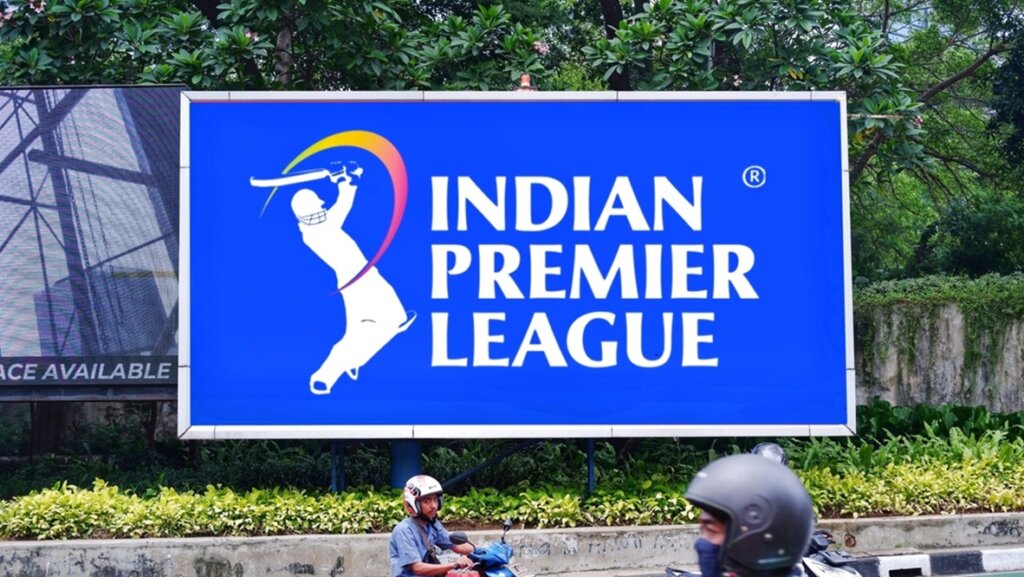Censorship refers to the restriction, suppression, or regulation of information, ideas, or creative expression by a power or governing body. It can take many different forms, including government censorship, corporate censorship, and self-censorship. Media, on the other hand, refers to the various channels and platforms through which information and content are disseminated to the public.
The relationship between censorship and the media is complex and often contentious. Here are some key points to consider:
- Press freedom: Freedom of the press is a key part of democracy. It enables journalists and media organisations to investigate, report, and hold governments and other powerful entities accountable. Censorship may harm press freedom by restricting journalists’ capacity to report objectively and without fear of reprisal.
- Freedom of expression: Media freedom and freedom of expression are fundamental principles in democratic societies. They are crucial for the functioning of a vibrant and informed public sphere, allowing for the exchange of ideas, the scrutiny of power, and the protection of individual rights.
- Protecting public interest: While freedom of expression is important, there are certain limitations and responsibilities placed on the media to protect the public interest. For instance, restrictions on hate speech, incitement to violence, defamation, or disclosure of sensitive national security information are commonly accepted in many countries to balance freedom of expression with other societal values.
- Censorship and control: Censorship can be employed by governments or powerful entities to control or manipulate information flow, restrict dissenting voices, or maintain their authority. This can lead to a lack of transparency, limited access to diverse viewpoints, and the suppression of critical or unpopular opinions.
- Ethical considerations: Media organisations often have their own codes of ethics and editorial guidelines to ensure responsible journalism. Self-censorship can sometimes occur when journalists or media outlets voluntarily limit or modify their content due to concerns about legal repercussions, commercial pressures, or public sensitivities.
- Internet and social media: The rise of the internet and social media has created new challenges and opportunities for media and censorship. Governments and platforms may engage in content moderation to address issues like misinformation, hate speech, or illegal activities. However, these practises also raise concerns about the potential for overreach, bias, or the stifling of legitimate expression.
In democratic societies, there is an ongoing debate about striking the right balance between freedom of expression and the need to protect certain societal interests. The ideal is to foster a media environment that is diverse, independent, and accountable, while ensuring that limitations on expression are narrowly defined, transparent, and subject to judicial review.



